 Managing risk is a must in agriculture. Farmers, ranchers, and forest owners know this well – they take care to plant at the perfect time, they select disease-resistant crop varieties, they vaccinate their livestock… the list goes on. Whether they have a written plan, or one kept in their head, farmers must always look for ways to reduce risk because the future of their farm depends on it.
Managing risk is a must in agriculture. Farmers, ranchers, and forest owners know this well – they take care to plant at the perfect time, they select disease-resistant crop varieties, they vaccinate their livestock… the list goes on. Whether they have a written plan, or one kept in their head, farmers must always look for ways to reduce risk because the future of their farm depends on it.
But what about the risk that can’t be seen? What do you do when something you expect to happen many years from now happens today? What happens to the farm when you are no longer willing or able to manage it? Putting off these questions can drastically impact the ability of your business to outlive you.
Things are different today than when your parents transitioned the farm.
[quote]The wealth of resources and skilled advice makes this workshop series a must for anyone without a transition plan for their farm. Don’t put it off like we did. We have it done now thanks to the workshop!. – Clair and Beverly Klock[/quote]
Estate laws aren’t the same as they were even just 15 years ago. Relying on assumptions that may or may not be true, taking advice from others that may not apply to your situation, or thinking you can tie up loose ends quickly when you’re ready to hang up the coveralls can leave you unprepared and dissatisfied. People put off farm transition planning for many reasons, including:
- Transition planning won’t help me run my farm today.
- Transition planning requires skills I don’t have, I don’t know what to do.
- It’s impossible to predict the future, so why try?
- There never seems to be enough time to get it done.
- It’s hard to talk with my family about what will happen when I’m gone.
Making a transition plan is too important to put off. That’s why we’re here to help.
Portland-Metro area Soil and Water Conservation Districts and Clackamas Community College’s Small Business Development Center are teaming up to help you preserve your life’s work and pass on the business when it’s time. We’re offering a four-part virtual workshop series to guide you through the process of creating a transition plan for your farm. Best of all, it’s free! All we ask of you is a commitment of your time.
We understand that transition planning is time consuming and can feel overwhelming. Putting together a thorough plan can take many months and then a few years to fully implement. Get started now with the support of agricultural transition experts. You will save an incredible amount of time and money in professional fees by participating in this workshop, but the real benefit is moving forward with peace of mind knowing your vision for the future will come true.
Your instructor is no stranger to the difficulty of farm transitions.
Due to her dad’s illness, instructor Diana Tourney started farming and ranching before she began school. She helped raise and train horses, move cattle, milk cows, raise chickens, and deliver farm goods on her bicycle. By the time she was eight years old, she managed all the financial reporting for the family operation. She’ll tell you that most bankers squirm when an eight-year-old sits across from them explaining a budget. Diana went on to become an accountant and executive working in a variety of businesses. And today, she is still a farmer and rancher who absolutely loves to teach this class. She finds satisfaction in helping preserve family farms by sharing her knowledge, facilitating family discussions, and coaching outside the classroom.
Find out how people are effectively transitioning their farms, forests, and ranches so you too can focus on what matters most.
[quote]This workshop was time well spent, as it helped us identify the actions required to ensure the best possible future transition for our farm business. – Jim Ekstrom and Family[/quote]
Our hope is that land holders see a transition as their way to celebrate the past, live confidently in the moment, and make a promise of great things for the future. Some of the challenges this class will help you with include:
- Preparing your heirs – Gifting can be a great solution when it’s time to pass on the property, but are your heirs ready for it? Inheritance laws keep changing!
- Maintaining property value – Land can only be divided so many times before it’s no longer worthwhile to maintain for farming.
- Family separation – Divorce or remarriage can cause serious challenges in transitions that necessitate selling the property.
- Unexpected health problems – Agricultural operations are dangerous; an unexpected injury or serious illness can change everything for a once healthy individual.
- Fairness among stakeholders – There are many reasons to allocate farm resources in a way that may not be even, yet still achieve your goals and family harmony.
- Having tough conversations – Doing nothing because the conversations are difficult, personal, or risky can get in the way of a successful transition.
Each workshop will be held online so you can safely attend from home. New to the virtual environment? We will hold a technology session to get you all squared away!
Sessions will take place from 1:00 to 4:00 p.m.
- January 27
- February 10
- February 24
- March 10
[button link=”https://conservationdistrict.org/2020/succession-2021.html” bg_color=”brown”]To begin the registration process, please complete this contact form.[/button]

